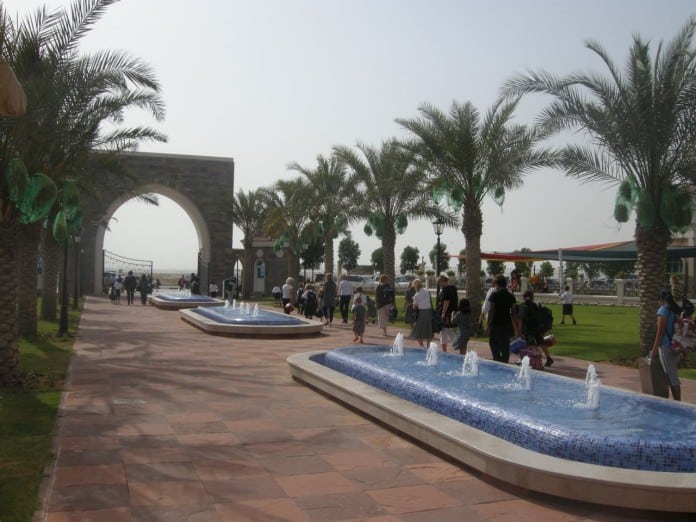
A total of 11 new schools opened in Dubai during the past year, adding a capacity of more than 37,000 seats, which shows that the education sector in the emirate is growing at a fast pace. Still, the annual inspections reveal slow progress for Dubai schools in terms of quality of education.
The new report by the Knowledge and Human Development Authority (KHDA), released Tuesday, says that despite the improvements over the past seven years, around half of the private schools are either “acceptable”, or “unsatisfactory”. This is one of the conclusions of the annual Dubai School Inspection Report on a total of 143 private institutions of various curriculums across the emirate. One of the main issues, according to inspectors, remains the quality of teaching in Arabic and pupils’ knowledge in Arabic, as well. The other area, where school directors should focus their efforts, is the special education needs, where the quality of curriculum modification is poor and in some institutions, there is no support for children with special education needs. It means that often, these pupils can’t even understand what they are being taught in class.
According to the KHDA, currently there are 169 private schools in Dubai (for the 2014/2015 academic year), while the number of enrolled students stands at 255,208, a rise of 4.7% from last year. Meanwhile, there are 292,301 available seats, which means that capacity is at 87%. The Dubai School Inspection Bureau inspected 143 private schools and rated 14 of them as “outstanding”, while 59 were classified as “good”. Compared to the previous inspection, the progress is slow – in the 2015/2015 academic year, 12 institutions were given the “outstanding” status, while 57 were “good good”. While last year 64 schools were ranked as “acceptable”, they are now 61 and the number of “unsatisfactory” (the lowest ranking possible) schools increased from 8 to 9.
These numbers show that a little over half of the schools in Dubai (51%) provide outstanding or good quality of education. Still, the number of schools with poor performance and little to no progress is big and changes should be made, which is also a concern for parents given the very high tuition fees. One of the goals of these schools inspections, besides showing performance, is also to determine the percentage of tuition fee hikes, which will be allowed for schools to make for the next academic year. This year, the Education Cost Index (ECI) is estimated at 2.92 percent and outstanding schools will be able to raise the fee by double this rate, or 5.84 percent. Good institutions will be eligible for a hike of up to 4.38 percent (1.5 times the ECI) and the rest will be allowed to raise their fees by the ECI rate.






















![The Square at Nad Al Sheba Gardens Now Open hope tax season treated you well! Just checking in—ready to refocus on growing your business? I remember how we discussed scaling your [specific aspect of their business, e.g., online presence] but paused due to time constraints. We now offer a streamlined 6-month plan that delivers real results without adding to your workload. Let me know if you'd like to chat—I’d love to help you pick up where we left off!](https://www.dubaichronicle.com/wp-content/uploads/2024/11/The-Square-5-218x150.jpg)









